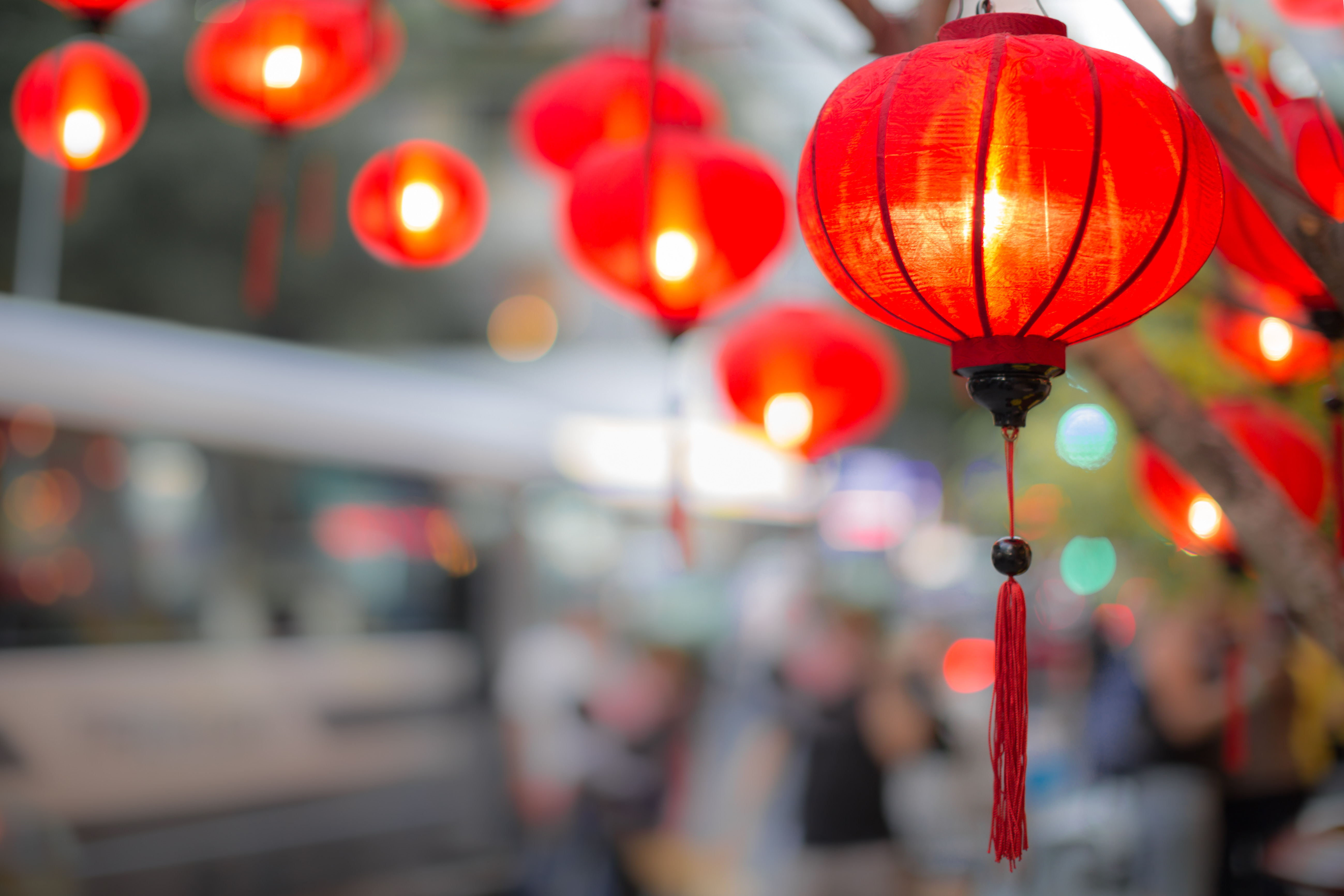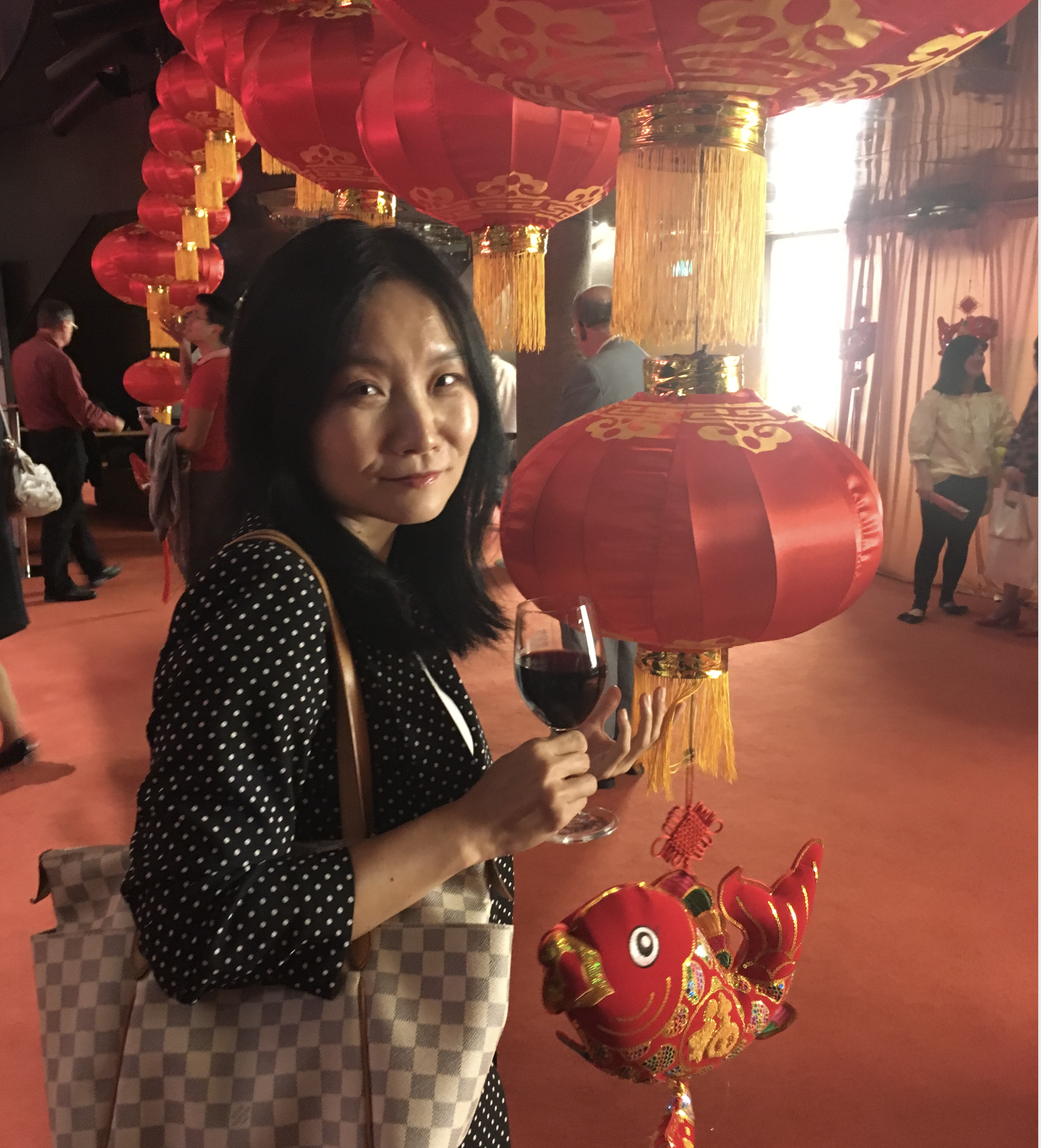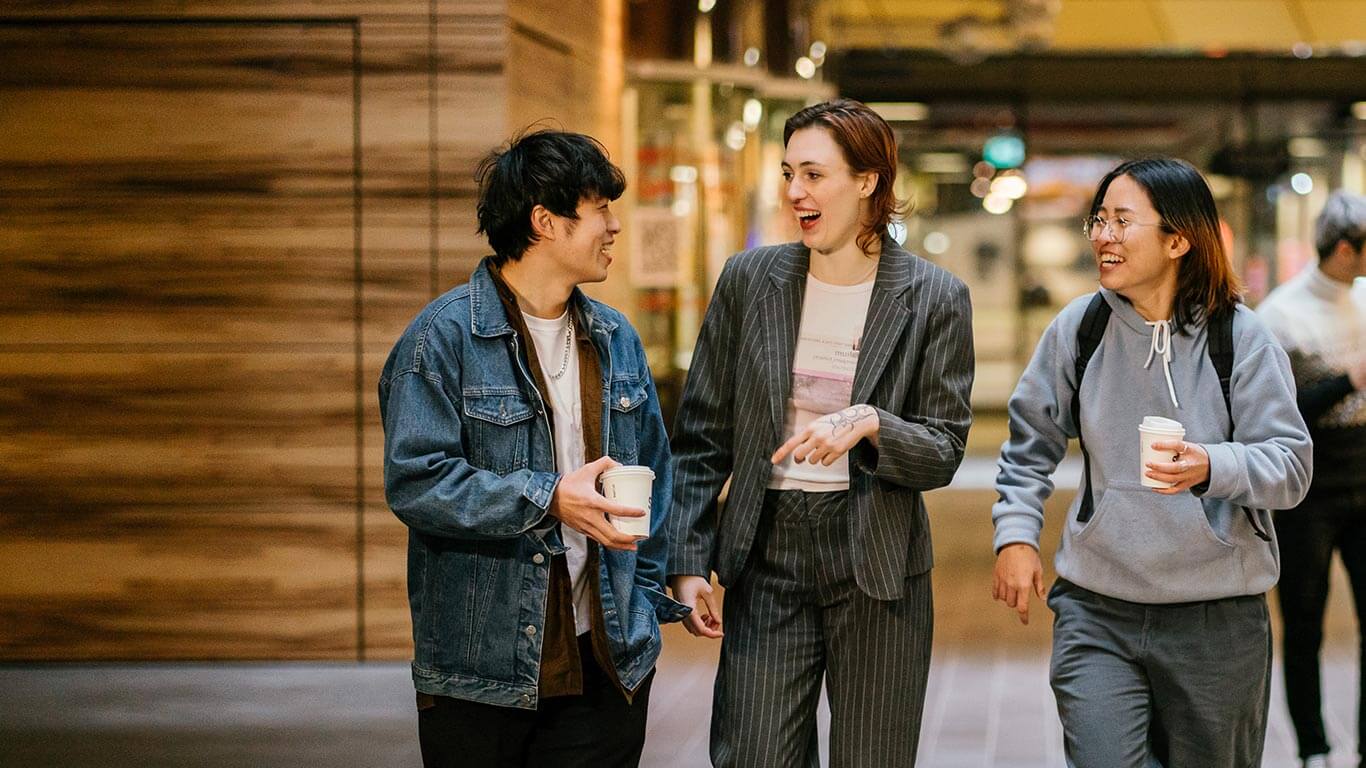Tell us a bit about your role here at RMIT Training.
At the end of February, I will have been here a year. I work with Polly in Ben’s team.
My role is mostly related to marketing and recruitment. I work with our agents and partner institutions to recruit students for RMIT Training, assist Ben to develop new projects, and organise events and activities. I really enjoy the role and working with Ben again. (Jewel has worked with Ben in a previous role.)
Can you tell us a bit about the Lunar New Year?
For us, and for many other Asian countries, the Lunar New Year or the Spring Festival, is a time to celebrate the beginning of a new year on the traditional Chinese calendar. This calendar is based around conditions for crops, and so the New Year can be at a slightly different time each year - sometimes it's early; sometimes it’s later, in February.
The main celebrations are from the Eve, then up to the fifth day of the New Year, and then again on the fifteenth – we call that the Lantern or Yuan Xiao Festival.
Traditionally the Lunar New Year was a time to honour our ancestors. Now in modern China, it’s a time to gather with family and friends, and it’s more about food and money!
What kind of foods do you enjoy in the Lunar New Year celebrations?
In northern China, where I am from, dumplings are a must-have in the Lunar New Year. We eat “jiao zi” dumplings on New Year’s Eve, which connects the old year and the new year.
The dumplings can be any flavour, but are often meat and cabbage. We also eat them on the fifth day of the Lunar New Year celebration.
In other parts of China, such as the south, they eat “nian gao” rice cakes, which symbolise the fact that every year gets better.
On the last day of the Spring Festival, called the Lantern Festival, you eat sweet dumplings: “yuan xiao” in the north and “tang yuan” in the south.
The food is a central focus for the extended family time together – this time of year is the most important moment for Chinese people. It’s important for the whole family to celebrate together. People will travel a long way to be with their family at this time. Often celebrations are held at the home of the elder of the family, such as the parents or grandparents, or the elder siblings.





